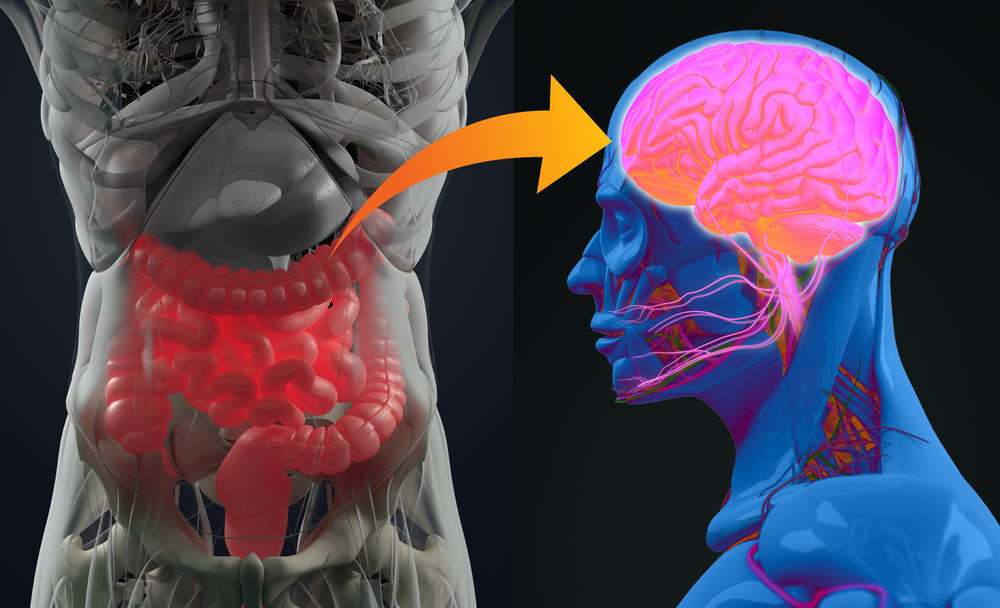
For much of the twentieth century, obsessive-compulsive disorder (OCD) was understood almost entirely through the lens of the brain. Psychiatrists mapped the disorder to hyperactive neural loops, researchers traced it through serotonin receptors, and treatment revolved around pharmaceuticals and psychotherapy aimed squarely at cognitive patterns. Yet as neuroscience has matured, a startling and humbling truth has emerged: the human mind does not live in isolation within the skull. It pulses in synchrony with the body’s chemistry, immune system, and the trillions of microorganisms inhabiting the gut. This web of connection known as the gut-brain axis is revolutionizing our understanding of mental health, and nowhere is this more evident than in the new research on OCD.
Recent scientific findings have begun to suggest that obsessive-compulsive behaviors may not be exclusively products of brain circuitry gone awry but might also reflect imbalances within the microbiome, the vast ecosystem of bacteria, fungi, and viruses that inhabit the digestive tract. The gut, long dubbed “the second brain,” communicates continuously with the central nervous system through neural, hormonal, and immune pathways. Researchers have now found that this dialogue between gut and brain may shape not only mood and anxiety but even the rigid thought patterns and ritualistic behaviors characteristic of OCD. The question, once almost heretical, is now open for serious scientific consideration: could restoring microbial harmony within the gut be a key to calming the obsessive mind?
A New Frontier in Psychiatry
The gut-brain axis is the biological conversation between two complex systems: the enteric nervous system a vast network of neurons lining the gastrointestinal tract and the brain itself. This relationship operates along multiple channels. Electrical impulses travel through the vagus nerve, the longest cranial nerve in the body, linking gut sensations directly to the brainstem. Meanwhile, microbial metabolites such as short-chain fatty acids, tryptophan derivatives, and neurotransmitter precursors circulate through the bloodstream, influencing mood and cognition. Ninety percent of serotonin the neurotransmitter most famously associated with mood regulation and OCD treatment is synthesized not in the brain, but in the gut.
In a balanced state, the gut microbiome functions like a dynamic ecosystem, producing anti-inflammatory compounds and supporting healthy neural communication. However, when this balance is disrupted a state known as dysbiosis inflammatory processes can activate immune cells, weaken the intestinal barrier, and increase permeability in the blood-brain barrier.
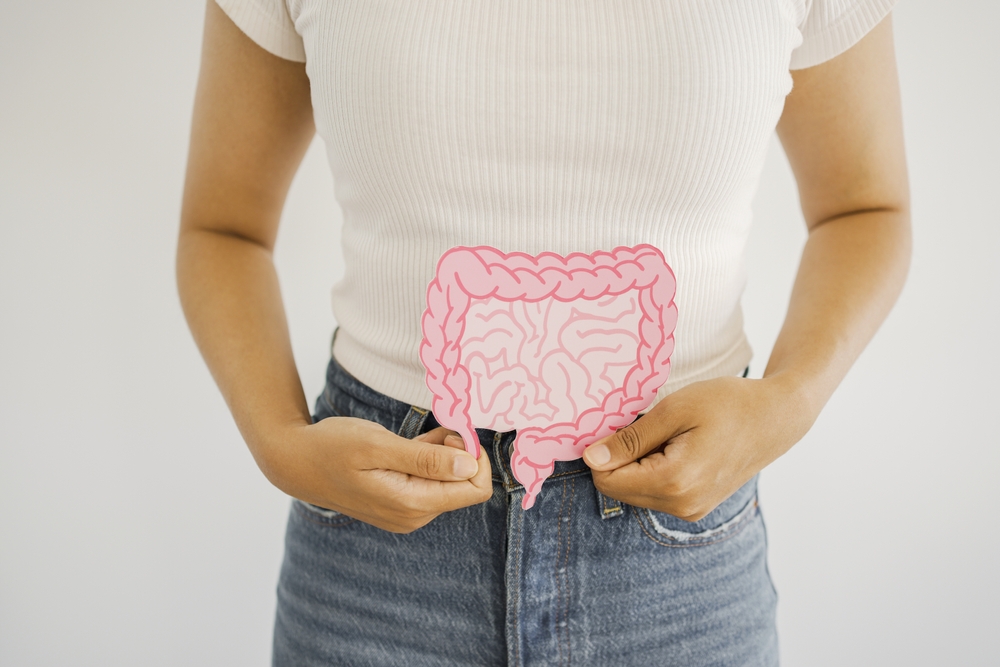
This allows inflammatory molecules known as cytokines to reach the brain, where they can interfere with neurotransmitter signaling and contribute to psychiatric symptoms. Dysbiosis has already been implicated in disorders such as depression, anxiety, and autism. Now, emerging evidence places OCD within this same biological continuum.
The concept is simple but profound: gut microbes may not merely respond to mental states but actively participate in creating them. When certain bacterial populations flourish or decline, they can alter the body’s chemistry in ways that shape thought and emotion. The result is a feedback loop where gut health and mental health continuously influence one another a biological duet that turns out to be more collaborative than previously imagined.
From Brain-Centric Models to a Holistic View
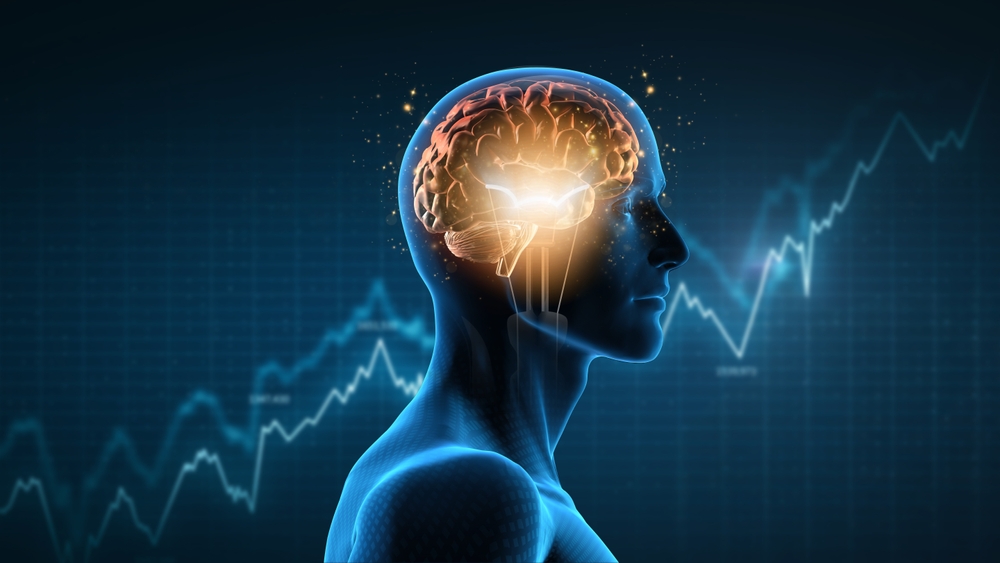
Traditional OCD research has focused almost exclusively on the brain’s corticostriatal circuitry, the loop responsible for regulating habits, decision-making, and reward. This neural pathway tends to overfire in individuals with OCD, trapping them in cycles of intrusive thoughts and compulsive actions. Pharmacological interventions such as selective serotonin reuptake inhibitors (SSRIs) and therapeutic approaches like cognitive behavioral therapy (CBT) aim to quiet this overactivity and retrain behavioral responses. These methods can be profoundly effective, yet a significant portion of patients nearly 40 percent find limited relief.
This treatment gap has encouraged scientists to look beyond the brain for missing pieces of the OCD puzzle. A groundbreaking genetic analysis conducted at Chongqing Medical University in 2024 introduced a new line of evidence. Using Mendelian randomization, which links genetic variants to potential causal effects, researchers analyzed over 217,000 participants and found that specific gut bacteria appeared to influence the likelihood of developing OCD.
Listen to your 'gut instinct', even if it seems 'irrational'
— ⚡️🌞 Sol Brah 🌞🐬 (@SolBrah) March 30, 2020
Within the intestinal lining is the enteric nervous system
Millions of neurons are hiding here, and they "talk" to
your brain via the vagus nerve
a gut feeling is EVERY cell in your body making a decision pic.twitter.com/8mM3kPGEdv
Bacterial families such as Bacillales, Eubacterium, and Lachnospiraceae UCG001 were associated with increased risk, while others notably Proteobacteria, Ruminococcaceae, and Bilophila seemed to offer protective effects. These correlations suggest that the microbial makeup of the gut could directly modulate neural circuits related to anxiety, compulsion, and reward.
What makes these findings so striking is their mechanistic plausibility. Many of the implicated microbes are known to participate in the metabolism of serotonin and dopamine or in the production of short-chain fatty acids like butyrate, which regulate inflammation and brain plasticity. In essence, changes in microbial communities could shift the chemical tone of the brain, influencing how the mind perceives threats, rewards, and intrusive thoughts. This research doesn’t negate the importance of the brain; it expands its context. Mental health, in this model, is not merely a matter of neural wiring but of the ecological balance between our internal worlds the one within our heads and the one within our intestines.
What Longitudinal Research Tells Us

While the genetic data point toward causality, longitudinal studies are essential to understand how these relationships unfold over time. A recent investigation conducted at the Karolinska Institutet in Sweden provided the most rigorous look yet at the gut microbiome in OCD patients undergoing therapy. Researchers collected stool samples from patients before and after cognitive behavioral therapy with exposure and response prevention (ERP), a gold-standard treatment for OCD. Surprisingly, despite major improvements in psychological symptoms, the composition and diversity of gut bacteria remained remarkably stable.
This finding runs counter to earlier assumptions that OCD would be marked by dramatic microbial shifts or that successful therapy might recalibrate the gut flora. Instead, the study suggests that the gut microbiome in OCD is more resilient or perhaps more complex than previously imagined. The differences between patients and healthy controls were minimal, with only a slight tendency toward lower fiber intake among OCD participants. Even functional analyses of microbial gene expression focusing on pathways involved in producing neuroactive compounds like GABA and serotonin showed no significant changes.
At first glance, this might seem to contradict the broader narrative of microbiome involvement in mental health. But science rarely unfolds neatly. What the Karolinska study reveals is not that the gut is irrelevant, but that its relationship to OCD is subtle, stable, and possibly mediated by factors other than short-term behavioral change. Medication use, diet quality, or early-life microbiome development could play a more decisive role than therapy itself. Moreover, the absence of large compositional shifts does not rule out functional changes at the molecular level changes that may occur within bacterial metabolites rather than species counts.
Nutrition, Lifestyle, and the Microbial Mind
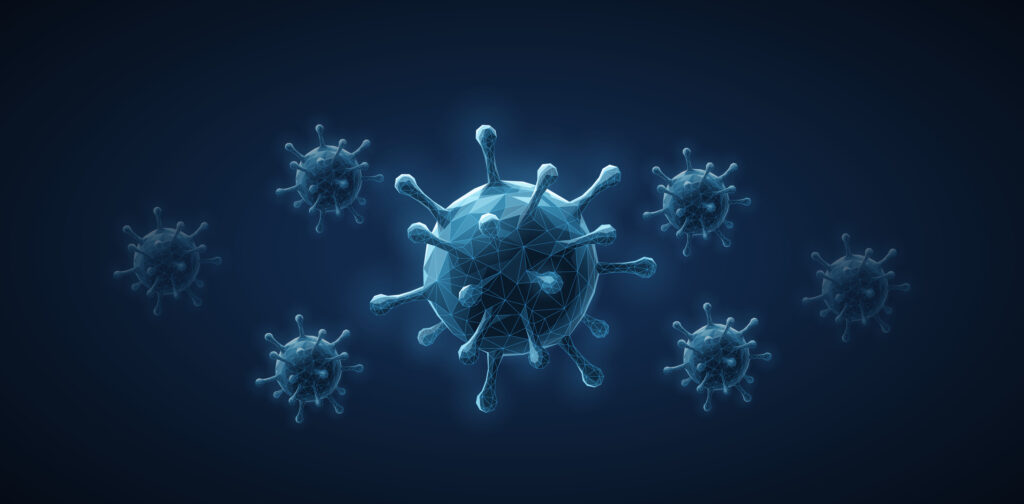
If microbes influence the brain, then diet the fuel that feeds them becomes a direct player in mental health. Nutritional psychiatry, a rapidly growing field, has begun to map how food choices alter the microbiome and, by extension, mood and cognition. For OCD, this connection is particularly compelling. Patients with OCD often exhibit restrictive or ritualized eating patterns, sometimes driven by contamination fears or rigid routines. The Swedish study found that individuals with OCD consumed less dietary fiber than healthy controls, a finding that carries important implications.
Fiber is the lifeblood of beneficial gut bacteria such as Ruminococcaceae and Bifidobacterium, which ferment it into short-chain fatty acids like butyrate molecules that reduce inflammation, protect the gut lining, and regulate immune signaling. Low-fiber diets, in contrast, can promote dysbiosis and systemic inflammation, both of which are associated with heightened anxiety and cognitive rigidity. From a therapeutic standpoint, increasing fiber through fruits, vegetables, legumes, and whole grains could indirectly stabilize brain chemistry by nurturing these protective bacterial populations.
Beyond fiber, micronutrients such as vitamin D, magnesium, zinc, and B vitamins play pivotal roles in neurotransmitter synthesis and regulation. Deficiencies in these nutrients have been repeatedly linked to mood disorders and may exacerbate OCD symptoms. Vitamin D, for instance, influences serotonin synthesis through genetic pathways and has been associated with both seasonal mood changes and OCD severity. Magnesium, an essential cofactor in over 300 enzymatic reactions, modulates NMDA receptor activity a key player in neural plasticity and anxiety regulation. Correcting these deficiencies through diet or supplementation could thus serve as a foundation for microbiome and brain health alike.
Lifestyle factors also weave into this gut-brain tapestry. Exercise, mindfulness meditation, and adequate sleep all improve microbial diversity while reducing systemic inflammation. Aerobic activity, in particular, has been shown to increase levels of short-chain fatty acid–producing bacteria, reduce cortisol, and enhance executive function benefits that mirror those of conventional OCD therapies. Similarly, meditation and cognitive behavioral techniques lower stress-induced inflammation and support vagal tone, strengthening the body’s natural pathways of mind-body regulation. In this integrative model, psychotherapy, nutrition, and microbiome health become mutually reinforcing rather than competing strategies.
The Future of Treatment: From Probiotics to Psychobiotics
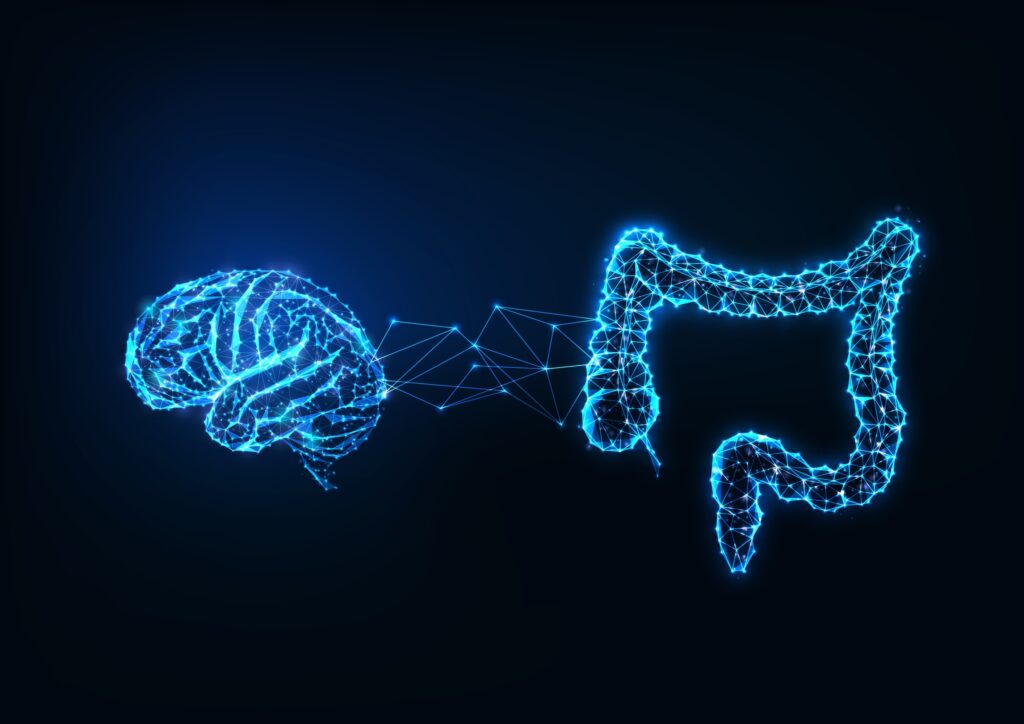
As the evidence mounts, researchers are beginning to envision a new category of interventions known as “psychobiotics” probiotics or prebiotics designed specifically to influence mental states. Strains of Lactobacillus and Bifidobacterium have already demonstrated measurable effects on cortisol levels, serotonin production, and anxiety reduction. Clinical trials are now exploring whether tailored combinations of these microbes can complement traditional OCD treatments. Early results are promising but preliminary; the human microbiome is immensely complex, and introducing new bacterial strains may yield unpredictable results without a clear understanding of the ecosystem’s balance.
More radical interventions, such as fecal microbiota transplantation (FMT), are also being explored. By transferring a healthy donor’s gut flora into a patient’s gastrointestinal tract, researchers aim to “reset” microbial communities and restore biochemical equilibrium. While this approach has proven life-saving for recurrent infections like Clostridioides difficile, its psychiatric applications remain experimental. Still, anecdotal reports and early pilot studies have shown that FMT can alleviate symptoms of depression and anxiety a signal that gut restoration might one day extend to OCD.
Yet perhaps the most exciting frontier is not any single therapy but an integrative framework that unites microbiology, genetics, and neuroscience. By mapping how specific microbial metabolites affect neural circuits, scientists can begin to design precision interventions diets, supplements, or microbial consortia tailored to individual biological profiles. The future of mental health may lie not in treating the mind or the gut separately, but in decoding the symphony they compose together.
The Ecology of the Mind
The emerging science of OCD and gut health represents a paradigm shift in how we conceive of mental illness. The mind, it turns out, is not an island of consciousness floating above biology but a network embedded within it. Every thought, every compulsion, may echo the state of the body’s internal ecosystem. The bacteria that line our intestines are not passive passengers they are biochemical collaborators, influencing neurotransmitters, inflammation, and even the rhythms of thought itself.
What these discoveries demand is humility. Psychiatry, once confined to the cranium, must now learn to think ecologically to see mental health as the emergent property of an entire organism interacting with its microbial world. The gut-brain axis, once a speculative metaphor, is now a field of serious scientific inquiry that promises to bridge the gap between biology and consciousness. In doing so, it offers a more holistic vision of healing: one that honors both the neural circuitry of the brain and the microbial symphony of the gut.
As science continues to decode this intimate dialogue, one truth becomes clear: the quest to understand OCD is no longer a journey solely into the labyrinth of the mind. It is also an expedition into the microscopic cosmos within us a reminder that to heal the brain, we may first need to listen to the wisdom of the gut.
Loading...

